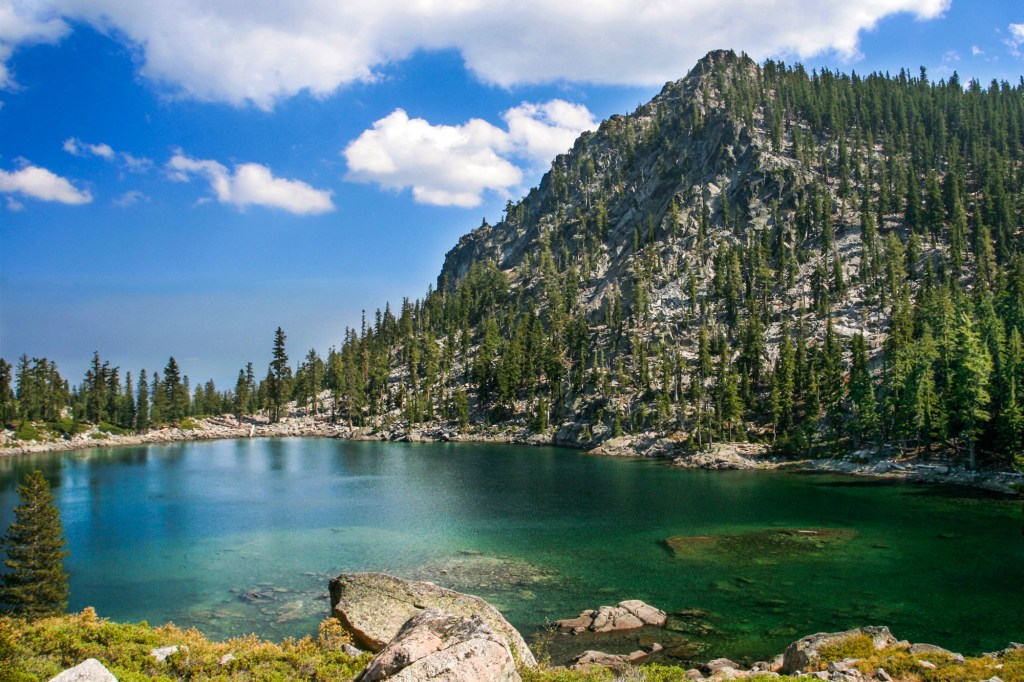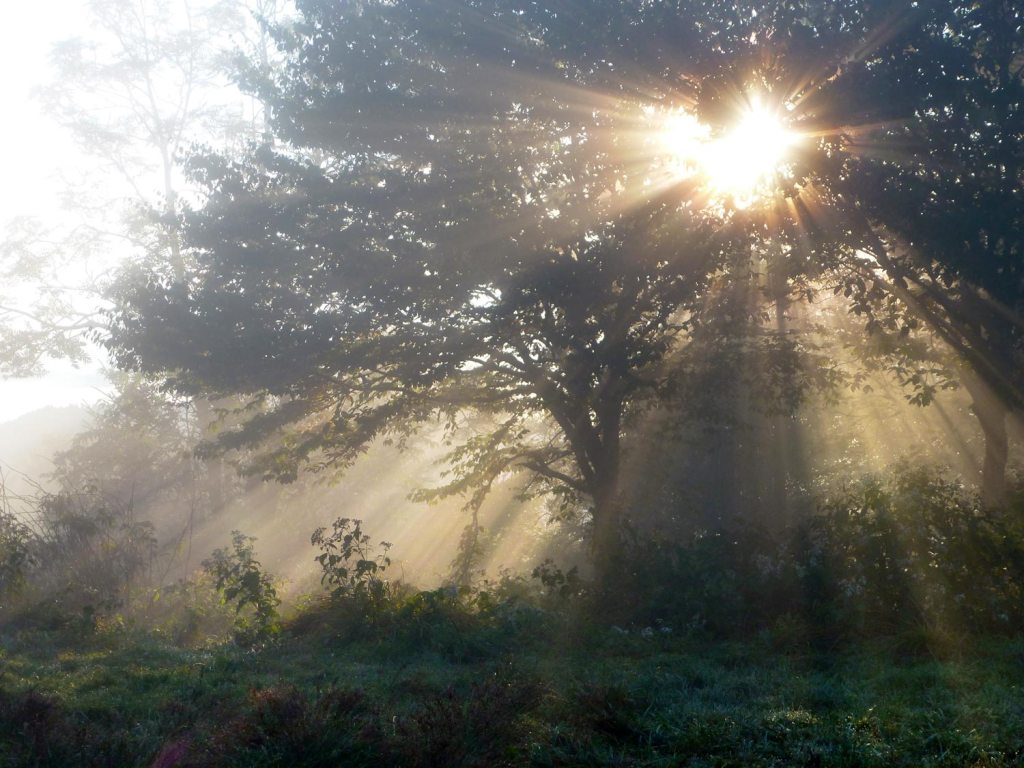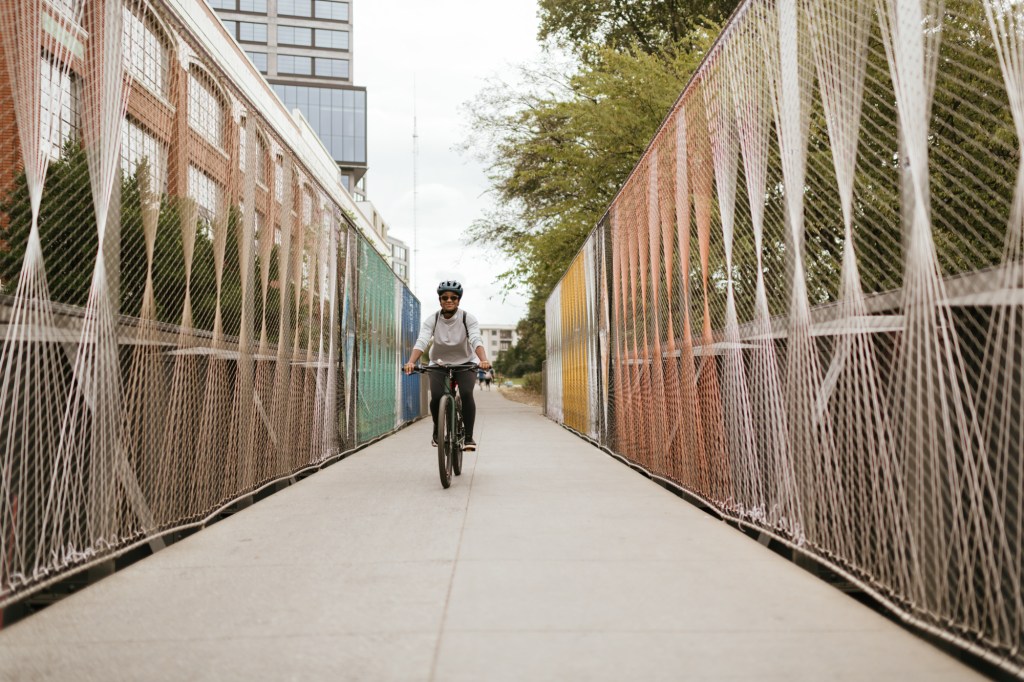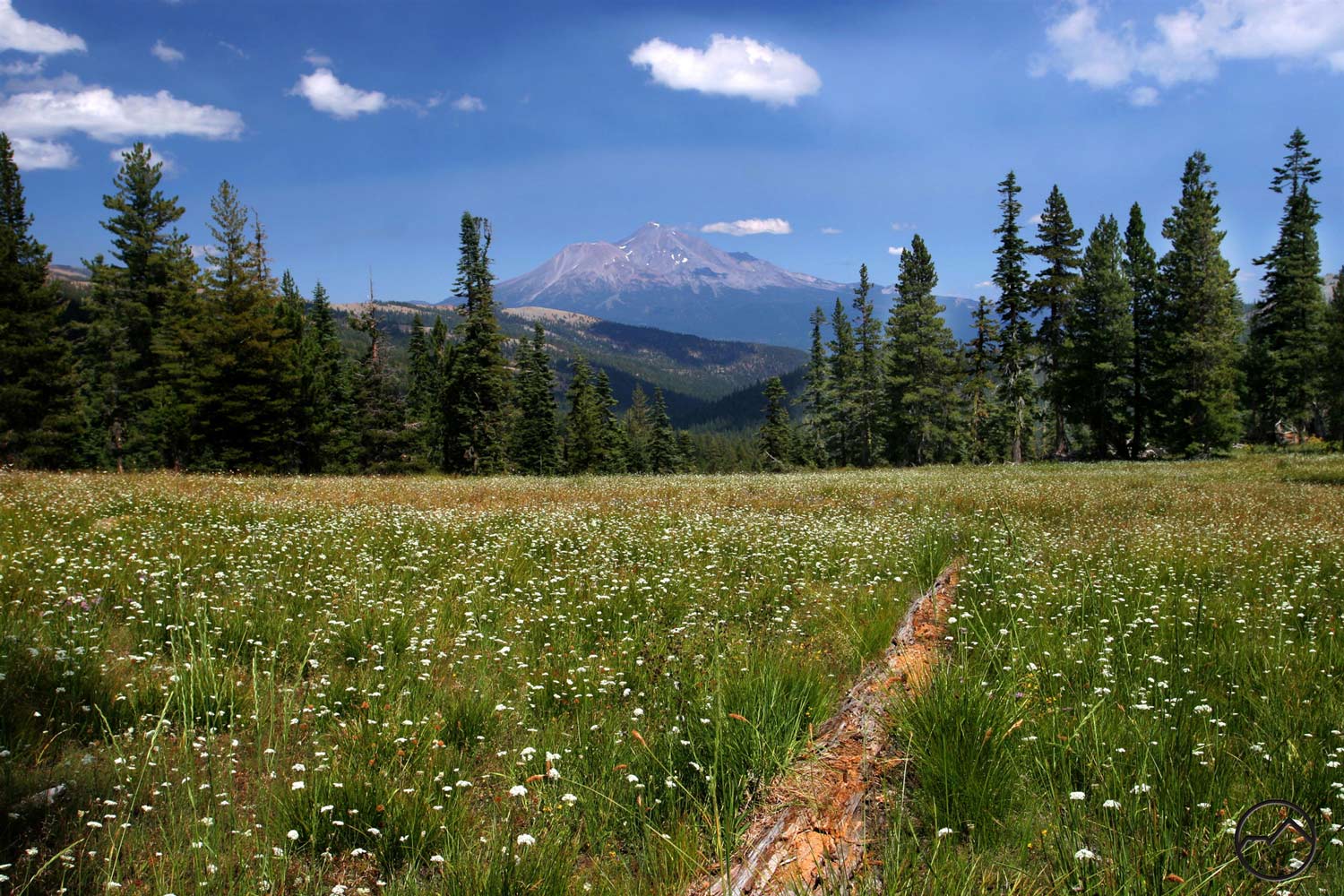Editor’s note: After a great deal of careful consideration, we are temporarily closing our retail stores nationwide. Please consult the CDC or your state health department for advice related to the COVID-19 pandemic, including information on symptoms, testing and how to protect yourself and others during social distancing. Follow local guidelines regarding travel, and check access to local, state and national parks before you visit. Remember that outdoor recreation has inherent risks; don’t attempt activities beyond your experience and skill level. Your actions may present risk not only to you, but to your local community during these challenging times.
Hannah Barth was preparing to spend her third night on the Pacific Crest Trail at California’s Lake Morena, approximately 20 miles from the U.S.-Mexico border on March 21, when she learned that the Pacific Crest Trail Association (PCTA) was emailing hikers, asking them to cancel or postpone their thru-hiking plans. “It caused a bit of a stir,” she said. Now, the 23-year-old thru-hiker and REI Co-op member would need to rethink her intent to spend the next five to six months marching toward Canada with nothing but a lightweight pack on her back.
“Part of me wanted to stay,” she said, though she ultimately realized that thru-hiking the 2,650-mile trail against the backdrop of COVID-19 wasn’t the experience she’d dreamed of. “Some hikers were saying, ‘It’s only a request; it’s not mandatory,’ but I knew that staying would add complications to resupply and town stops.”
As the outdoor recreation community responds to the coronavirus pandemic, outdoor organizations including the Pacific Crest Trail Association have been racing to offer recommendations to recreationists in line with guidance from the Centers for Disease Control to staunch the spread of the highly contagious virus. The PCT passes through California, Oregon and Washington, all of which have instituted stay at home or shelter in place mandates.
“If you’re a virus seeking new hosts, I can’t imagine a better vehicle than a wave of hikers moving up the West Coast dropping into small towns along the way,” said Scott Wilkinson, director of marketing and communications for the PCTA.
“Because anyone at any time can be a carrier of the virus without knowing it,” an initial March 13 statement from the PCTA reads, “it is clear that anyone traveling the PCT and resupplying in communities along the trail represents a serious risk to others … particularly high-risk individuals for whom the virus could be deadly.”

The 2,650-mile Pacific Crest Trail runs through California, Oregon and Washington. Recent land and facility closures amid COVID-19 will make long-distance travel along some parts of the trail difficult or impossible, and the PCTA is urging recreationists to postpone or cancel their 2020 thru-hike plans.
On March 23, the PCTA updated its statement with stronger language from the U.S. Forest Service (USFS), informing thru-hikers of public land and facility closures that would make long-distance travel along parts of the PCT difficult or impossible. “Your PCT long-distance permit is valid only on public lands that are open for travel,” the PCTA stated.
The PCTA and USFS have yet to determine whether current long-distance permits will be transferable to dates later in the season. Currently, “things are just too difficult to predict,” Wilkinson said. Updates will be posted to the PCTA website. Recreationists can cancel their 2020 permit by emailing the PCTA at permits@pcta.org; due to a high volume of inquiries, the PCTA is currently discouraging individuals from calling.
The PCTA’s announcement was one in a flurry of recommendations released this month by land managers and outdoor organizations across the United States. Now, these groups are advising recreationists—like hopeful thru-hikers, climbers and mountain bikers—to reschedule plans and recreate closer to home in an effort to protect individuals and the communities that border some of our nation’s most iconic outdoor places.
Appalachian Trail Conservancy responds to crowds on trail
On the opposite side of the country, the Appalachian Trail Conservancy (ATC), made a March 17 request: “Please postpone your section or thru-hike,” it implored of would-be Appalachian Trail thru-hikers, some of whom were already beginning to navigate their way north from the trail’s southern terminus in Springer Mountain, Georgia. “Instead, consider alternate ways of connecting to the Trail and to the outdoors.”
Six days later, ATC President and CEO Sandra Marra published a March 23 letter pleading with recreationists to steer clear of the 2,190-mile footpath after day and overnight hikers continued to flock to the trail, despite federal social distancing guidelines. “The ATC does not want to do too little, too late,” Marra emphasized. “We can and do, however, urge everyone to please stay away from the Appalachian Trail until further notice.”
All ATC visitor centers and some shelters and camping areas in various states the trail passes through are now closed, and events like the 34th annual Appalachian Trail Days celebration in Damascus, Virginia, have been canceled. Great Smoky Mountains National Park, which the AT passes through, is closed to the public through April 6, excepting the Foothills Parkway and the Spur. In considering the remainder of the thru-hiking season, the ATC site states that the nonprofit will not revisit the decision until “the risk of spreading COVID-19 has reduced significantly.”

Recently, popular spots along the Appalachian Trail—including Georgia’s Blood Mountain and Virginia’s McAfee Knob—continued to see high volumes of foot traffic. The Appalachian Trail Conservancy is now asking day hikers and thru-hikers to stay off the trail entirely to combat the spread of COVID-19.
Continental Divide Trail Coalition postpones shuttles to southern terminus
The 3,100-mile Continental Divide Trail (CDT) has a thru-hiking season that begins in late April. But the Continental Divide Trail Coalition (CDTC) has already issued similar guidance. A March 17 notice on the website reads: “The CDC is currently recommending that all Americans avoid discretionary travel. We urge you to stay home and enjoy your local trails and outdoor spaces.”
The CDTC has ceased support of all water caching and shuttle runs to the trail’s southern terminus in Hachita, New Mexico, near the U.S.-Mexico border, through April 17. This is in part due to New Mexico public health measures that require visitors to the state to self-isolate for 14 days upon arrival in the state. Thru-hikers can reschedule their shuttles by emailing info@continentaldividetrail.org with their name, current shuttle date and a list of dates between April 17 and May 17 when they would like to arrange a ride.
Teresa Martinez, executive director for the CDTC, said she knew what guidance her organization needed to give when she considered the impact thru-hiking traffic could have on vulnerable towns like Hachita. It’s a small town, “with maybe 50 people,” she said. “There’s no ambulance … and if [sick hikers] end up at the Hachita community center, which is a one-room building that is the heart and soul of that community … that building [will no longer be] the heart and soul of that community.”
Guidance extends to climbers, mountain bikers and others
Land managers and trail stewardship organizations aren’t the only groups advising recreationists to cancel backcountry adventures. With an emphasis on communities like Bishop, California, and Moab, Utah, that serve as a gateway to renowned outdoor climbing destinations, the American Alpine Club (AAC) recently launched a campaign encouraging climbers to limit travel and set conservative outdoor objectives. “If we, as a community, can’t make smart decisions, they will be made for us,” said Phil Powers, president and CEO of the AAC. “Do the right thing and stay away from other people and stay near home.”
And the International Mountain Biking Association (IMBA) is encouraging riders to get out on the trails, but only close to home and in accordance with state and local recommendations. “The safest possible choice is to enjoy fresh air and sunshine in your own neighborhood,” said Eleanor Blick, senior communications and advocacy manager for IMBA. “Depending on where you live, this may mean foregoing time on trails for now in order to protect our communities.”

The International Mountain Biking Association is continuing to encourage riders to get out on the trails—but only if they can do so close to home and in accordance with local, state and federal health guidelines.
For those who plan to recreate locally, the Leave No Trace Center for Outdoor Ethics has published a guide to getting outside responsibly amid COVID-19. In addition to advising that recreationists check with land managers about park and trail closures before heading out, the organization warns against pursuits that could burden an already taxed healthcare system. “It’s important to reduce potential accidents that would add to the stress on first responders and medical professionals,” the site states. “As much as possible, stick to activities and areas that are within your regular routine and take it easy.”
In Washington state’s King County (and surrounding counties), where a COVID-19 outbreak emerged earlier this month, the King County Sheriff’s Office reported search and rescue demands were up over the last week. Along Mailbox Peak Trail, a popular hiking route about 40 minutes east of downtown Seattle, the King County Search and Rescue Association reported having rescued six hiking parties on March 21. That’s double the number of single-day rescues in the organization’s 65-year history, according to James Szubski, development director for King County Search and Rescue.
“We believe the recent uptick was definitely related to the social distancing guidelines that have been put in place,” Szubski said. Over the weekend, his team began preparing for emergency response as they noticed trails and trailhead parking lots in the greater Seattle area overflowing with visitors. “It was clear that our rescuers would be at risk of COVID-19 exposure should a mission spin up,” he said. On March 25, the Washington Department of Natural Resources announced plans to temporarily close the 5.6 million acres of public land it manages, including the popular Mailbox Peak Trail. Campgrounds in Washington state are also temporarily closed.
“Carrying someone out of the backcountry requires dozens of rescuers working together in close quarters for several hours,” said Casey Marks, rescue chair for Seattle Mountain Rescue, which works with King County Search and Rescue to respond to backcountry calls. “With the current COVID-19 situation, that puts everyone at risk, not just the rescuers but also the families we will go home to.”
He encouraged responsible recreation, above all: “Be safe, make a plan and stick to it, don’t push your limits,” he said, “Don’t go to unfamiliar areas, don’t wander off trail, don’t go out if the weather is bad or it’s getting dark, don’t go out if you feel sick, make sure your phone is charged, stay close to home, and of course bring the Ten Essentials.”
This is a developing story. We will update this article as more information becomes available. For more news and information regarding COVID-19, check out our coverage here.
